Guest Post by Bob MuellerWhat's your biggest fear about your writing? What is it that petrifies you, that jolts you out of the story when the words are flowing like hot fudge over a sundae? What is it that keeps you from writing that first word? It's fear, isn't it? Because we've all been there. We've all sat in front of the computer, fingers poised over the keys, eyes focused, a coiled Usain Bolt in the starting blocks. We've all imagined ourselves as Hemingway or Parker or Kellerman or Child in front of their typewriters, getting ready to let the words flow like the Amazon. We hit the Shift key, and our fingers drift to the first letter of the first word and… We freeze. We panic. You can't do that! Only amateurs would start a story that way. You call that a sentence? A trained monkey could write better. Hell, they probably have. Wait. Wasn't there a gorilla who learned sign language? I think they wrote a book too. Probably sold more than this one ever will. And just like that, you're done, aren't you? You're convinced that nothing you write will ever be worth reading, let alone selling. Who would want to read your dreck? It's one of the worst things about writing. Here's one of the best things about writing. You're not alone. Not just writers, either. We're all like that. Every single creative in the world. Anyone who's ever rolled a piece of paper into a typewriter, or opened an inkwell and looked a blank music staff, or put the canvas on the easel, or raised an instrument in their hands has felt that same fear, that angst. It's visceral, isn't it? It ties your heart into knots and shuts your creative side down like a bank vault. You're terrified that you're going to fail, that your work will be shit, and you'll go through the rest of your life with a crimson L on your clothes. Even more terrifying is the idea that the first one will be good, but that it'll be the only good one you have in you. That the first one was a fluke. You just got lucky with that one, like the monkeys turning out Shakespeare. That's where I am right now. It's been more than reinforced by the recent closure of my publisher. I'm in the process of re-re-releasing The Sad Girl, but in the back of my mind, I keep hearing that voice whispering that I won't sell any more copies of it, and I won't sell any copies of the next book in the series, or any other book I ever might actually get around to writing. It's affected my writing to a fair degree. I've finished the second book in the series, and I've started the third. But I've thrown away more than I've written, and I'm not even a quarter of the way into the book. I tell myself that what's holding me back is needing to research more, or learn more, or plot it out more, not dreading the possibility that everyone will hate every single word I ever write again, and that people who bought the first book were just being nice. There's a name for this. It's called imposter syndrome. The term was coined in 1978 by two clinical psychologists, and refers to high-achieving individuals marked by an inability to internalize their accomplishments and a persistent fear of being exposed as a "fraud" according to Wikipedia. It's not listed in the DSM, so it's not considered a formal mental disorder. Pauline Clance and Suzanne Imes, who coined the term, define it as a feeling of “phoniness in people who believe that they are not intelligent, capable or creative despite evidence of high achievement. If you're dealing with it, you're in good company. Everyone from American presidents to Neil Gaiman, Sheryl Sandberg and Emma Watson have talked about having these same feelings at one time or another. So now that you know what it's called, you can deal with it, right? Once a thing is named, it becomes infinitely easier to deal with, because you know what to call it, and you know that other people have had the same problem, so it's beatable. How? There are some great ideas in this piece over at StartupBros. It's a couple of years old, but certainly still valid. I especially like #4: Keep a file of people saying nice things about you. That's sort of counterintuitive, because as authors, we're so often told to ignore the reviews. Don't read them at all, right? But here's someone suggesting not only should we read them, but we should save some of them! How crazy is that? I think it makes a lot of sense. I wouldn't save every single one. But if there's one where you can tell that you really connected with the reader, and they really understood what you were writing, save that one. Maybe screenshot it and post it as your background for a while. Or maybe just print it off and save those in your pity party file. Then when you feel one coming on, and you need some positive affirmation about your abilities and craft, go browse through that file for a bit. Then go get your butt in the chair, hands on the keyboard, and start writing. You got this.  When you get right down to it, Bob Mueller writes about emotions. He finds them in his own experiences as a divorced father and family member of a sex abuse survivor, and from the people he meets. He puts himself in someone else’s shoes, and teases out their feelings. Blending that with bits and pieces of history and life experience, he crafts a story that might have been inspired by a song, or a news article. But it’s about emotions in the end. Born in north Texas and raised in southeastern Ohio, Bob is a member of International Thriller Writers, Tulsa NightWriters and Oklahoma Writer’s Federation, a father of eight, and a pastor’s husband. When he’s not writing, he enjoys reading (thrillers, historical fiction and non-fiction, and police procedurals), genealogy, and shooting. For more information, visit http://www.bobmuellerwriter.com.
0 Comments
Leave a Reply. |
AuthorH.M Jones is the author of B.R.A.G Medallion Honor and NIEA finalist book Monochrome, its prequel Fade to Blue, the Adela Darken Graphic Novellas, Al Ravien's Night, The Immortals series, and several short stories. Archives
December 2019
Categories
All
|
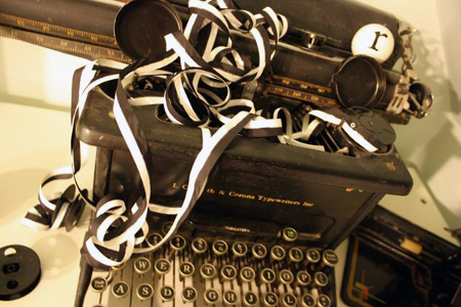
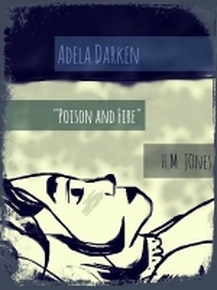
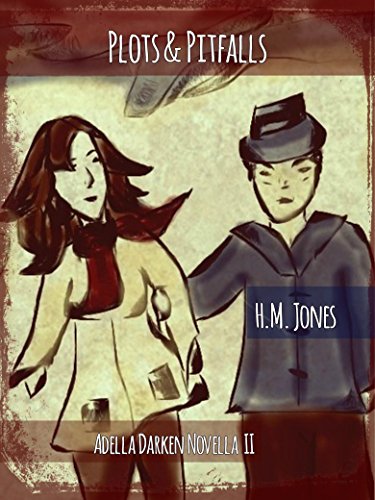
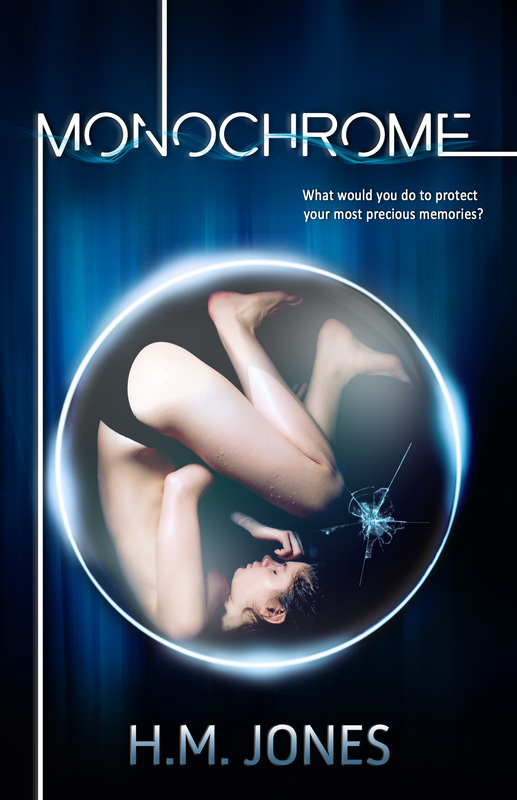
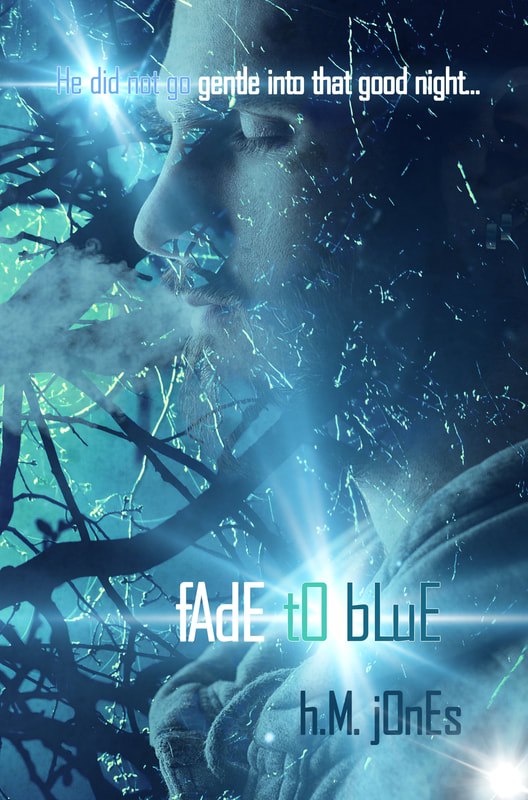
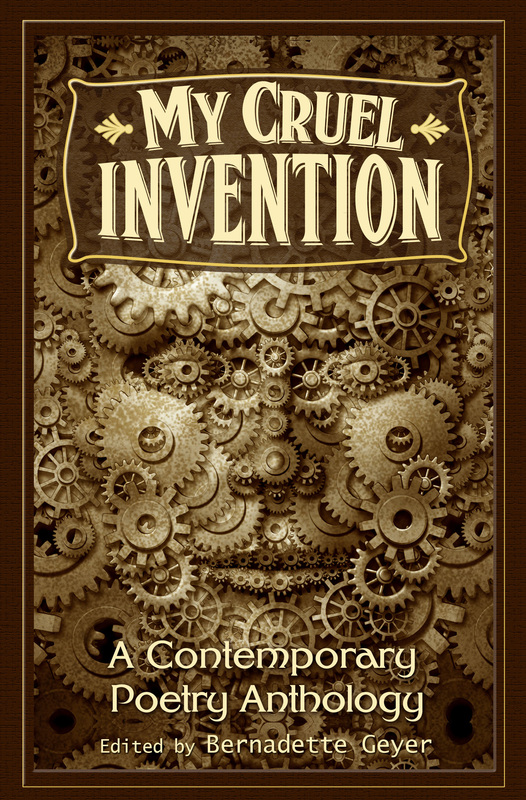
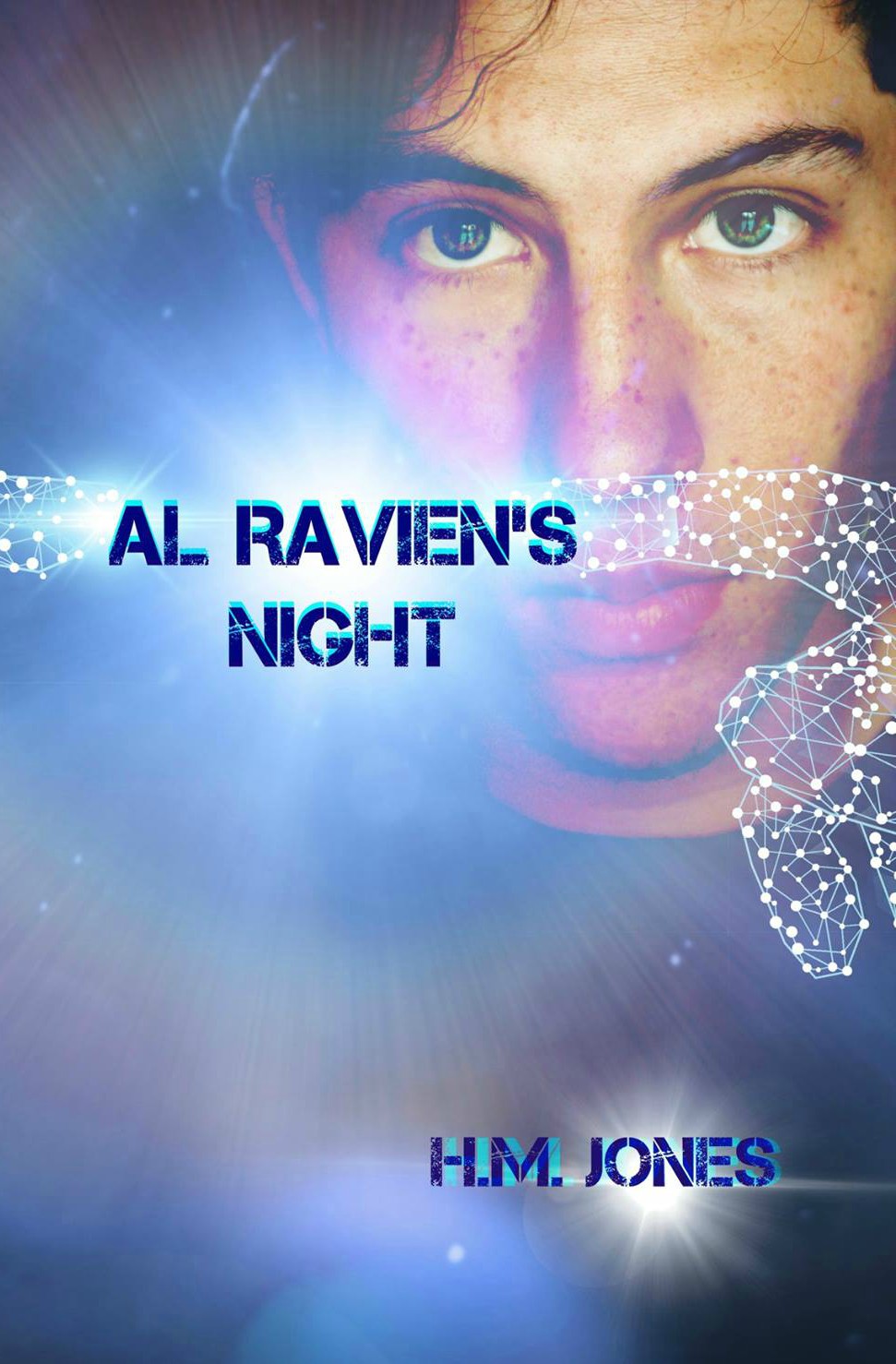
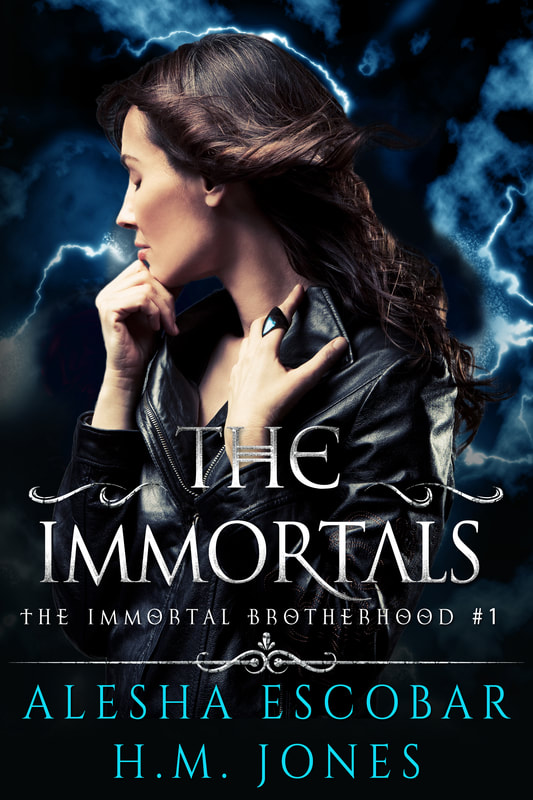
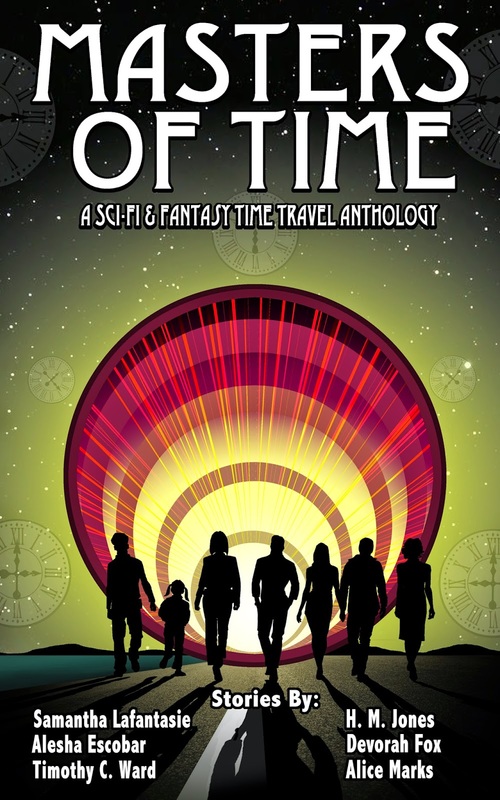
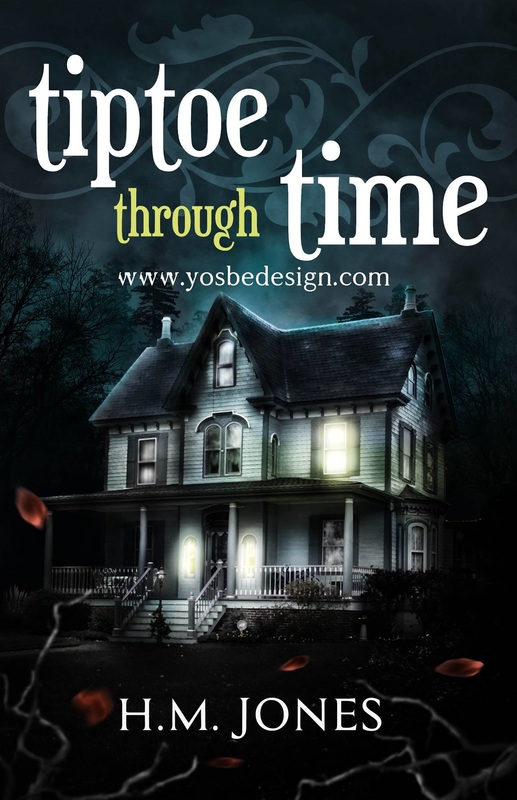
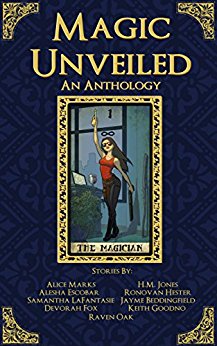
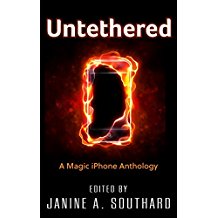
 RSS Feed
RSS Feed
